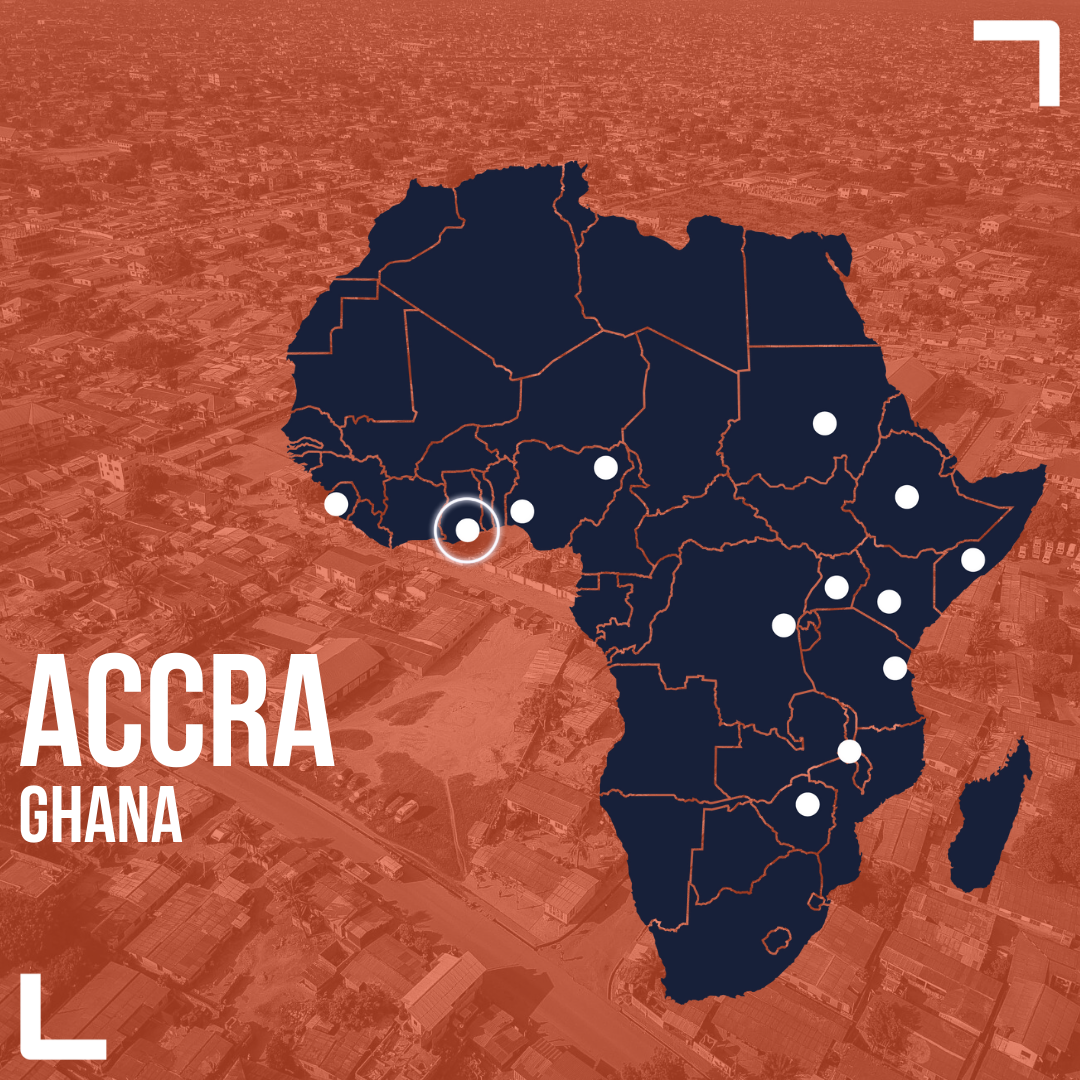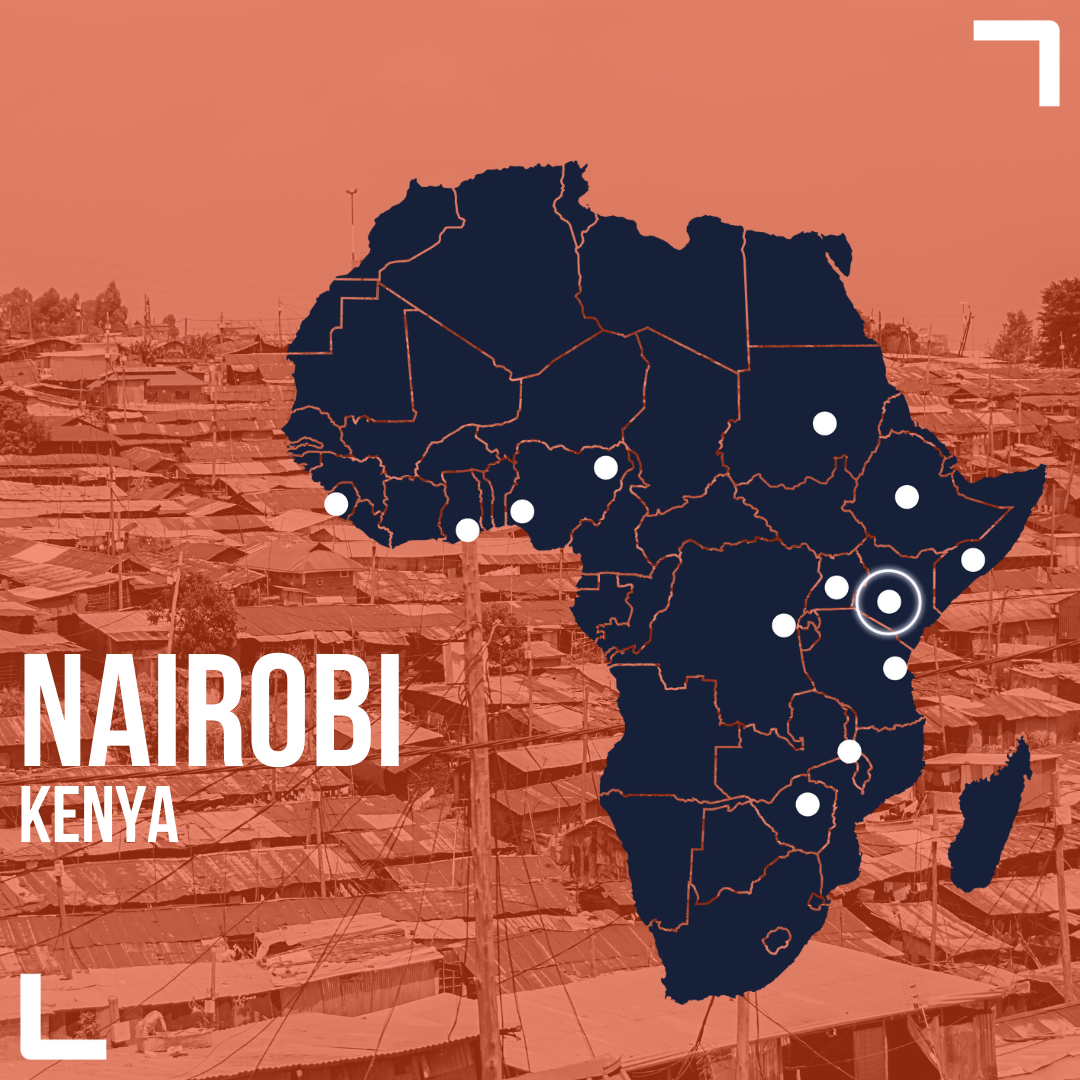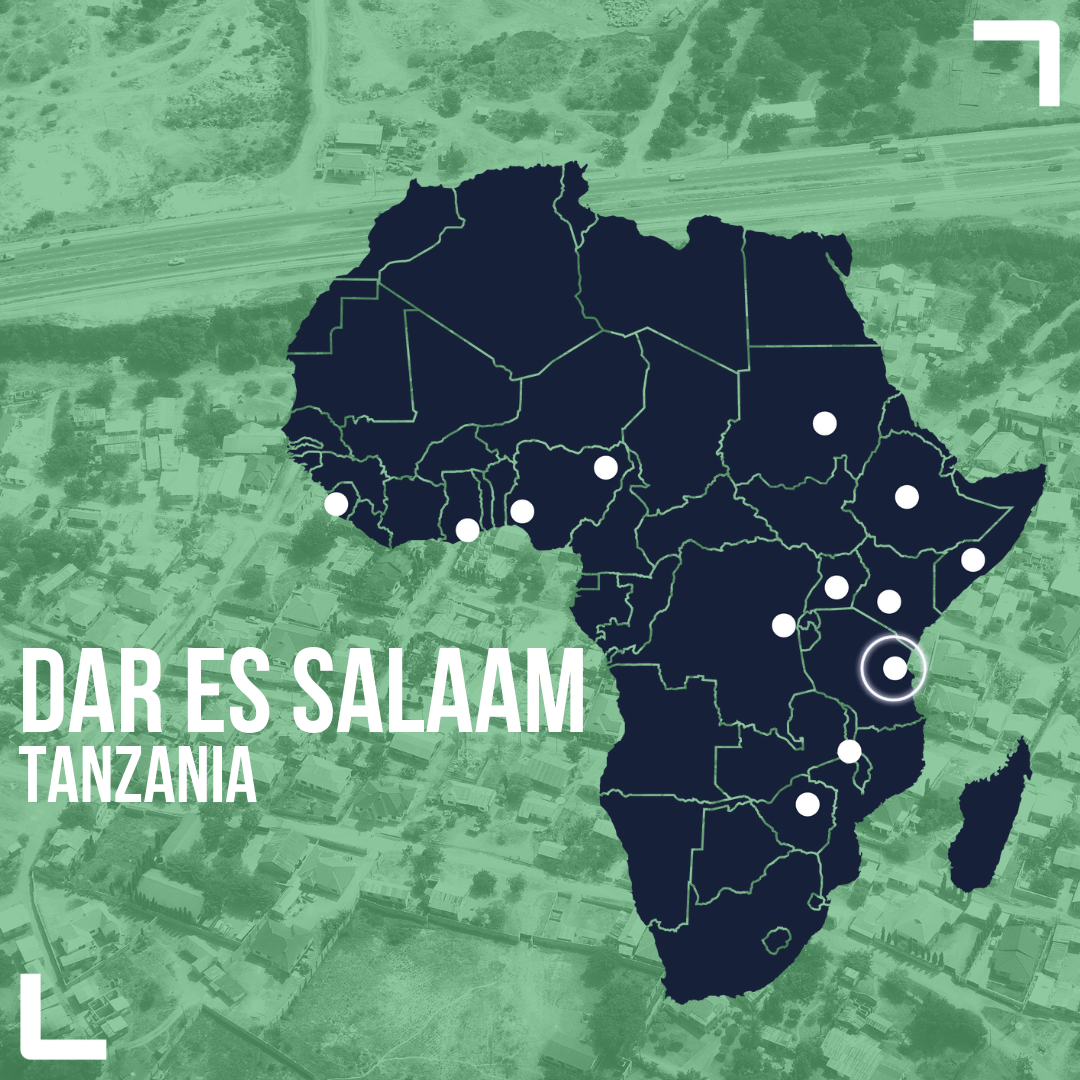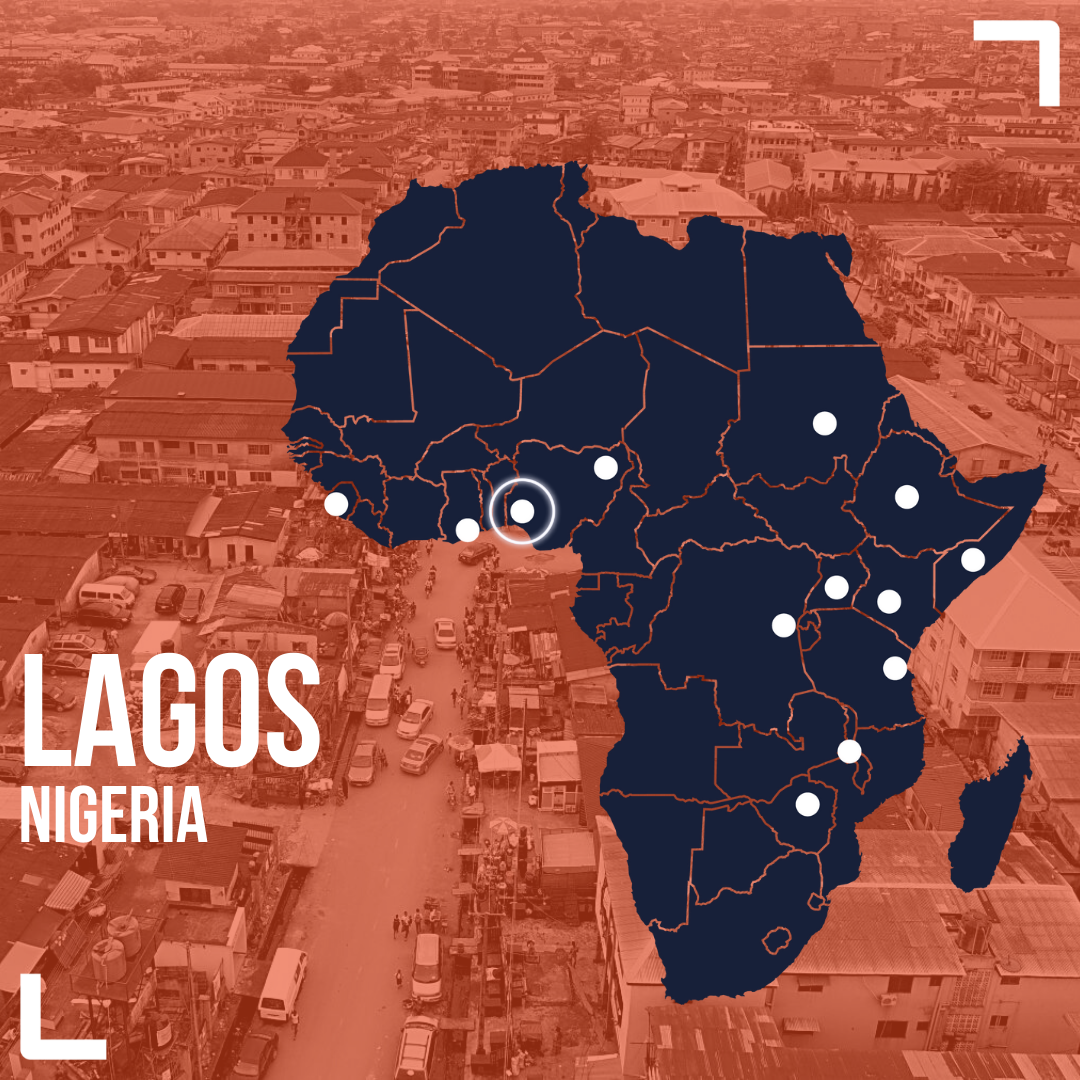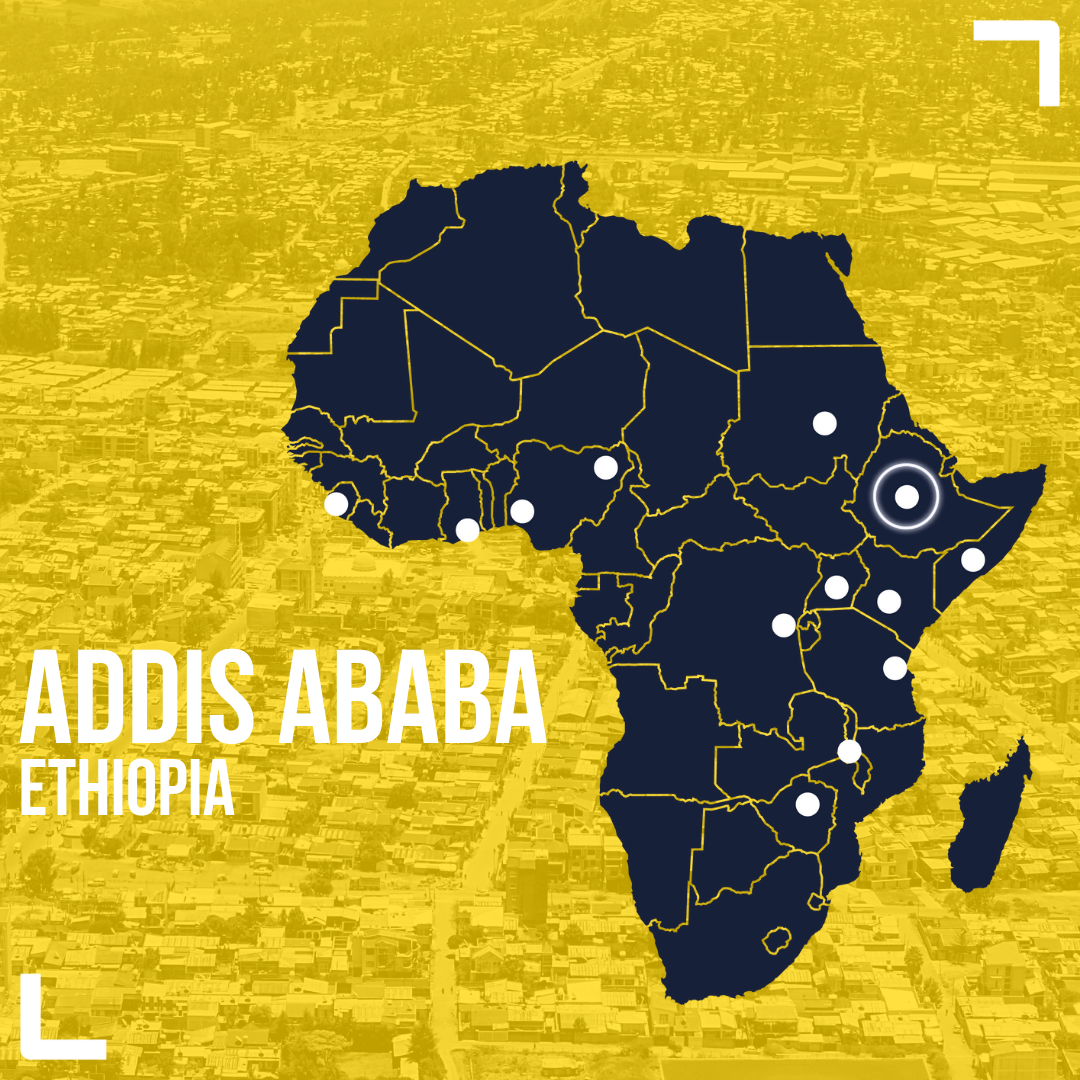Structural transformation
Structural transformation involves the movement of workers from low-productivity sectors (such as agriculture), to high-productivity (industrial, urban-based) sectors, leading to job creation, improved labour productivity and poverty reduction.
In much of Africa, urbanisation has taken place without structural transformation, leaving high numbers of city dwellers trapped in low-productivity informal employment. To create growth and reduce poverty, it is therefore essential to disentangle the connections between cities and structural change.
ACRC will look at how key city systems – including urban planning, infrastructural service provision (such as transport, energy, water and waste management), productivity-enhancing policies and regulatory frameworks, and educational and technology accumulation strategies – need to be pulled together to facilitate structural transformation. Our approach considers how the political economy of cities affects the potential for structural transformation. Success requires ruling elites to commit to investing in the public infrastructure necessary for firms to operate productively, and to building productive state–business relations. This can stand in tension with the incentives to extract rents from firms and household enterprises and to enter into collusive relationships, such as offering subsidies and contracts in return for political and personal financing.
LATEST NEWS from ACRC

Streetlights in Lagos can boost safety and grow the economy – why not everyone benefits
Streetlighting plays a crucial role in public safety and security, and it promotes inclusive social and economic development by boosting local commerce, street businesses and community engagement.

In the shadow of Nairobi’s expansion: From peasants to paupers
In a new open access book, Peasants to Paupers: Land, Class and Kinship in Central Kenya, Peter Lockwood – former Hallsworth Fellow at The University of Manchester and now a postdoctoral researcher at the University of Goettingen – tells the human stories behind Kenya’s rapid urban expansion and the families being left behind.

Crime-fighting in Lagos: Community watch groups are the preferred choice for residents, but they carry risks
Criminal activities have developed into a security crisis in Nigeria. Alongside the responses of security agencies such as the police and military, there has been a huge local response, with community groups mobilising in the face of criminal attacks.

